
By Paul-Andre Walker
When Apple co-founder Steve Jobs died in October 2011, the investment magnate had already successfully turned the organisation around, making it synonymous with user-friendly technology and always-reliable build-quality.
Jobs and Apple, at the time of his death, were fighting battles on a number of fronts.
On the one hand, they were in an almighty war over which Operating System (OS) was superior in an increasingly mobile-friendly world.
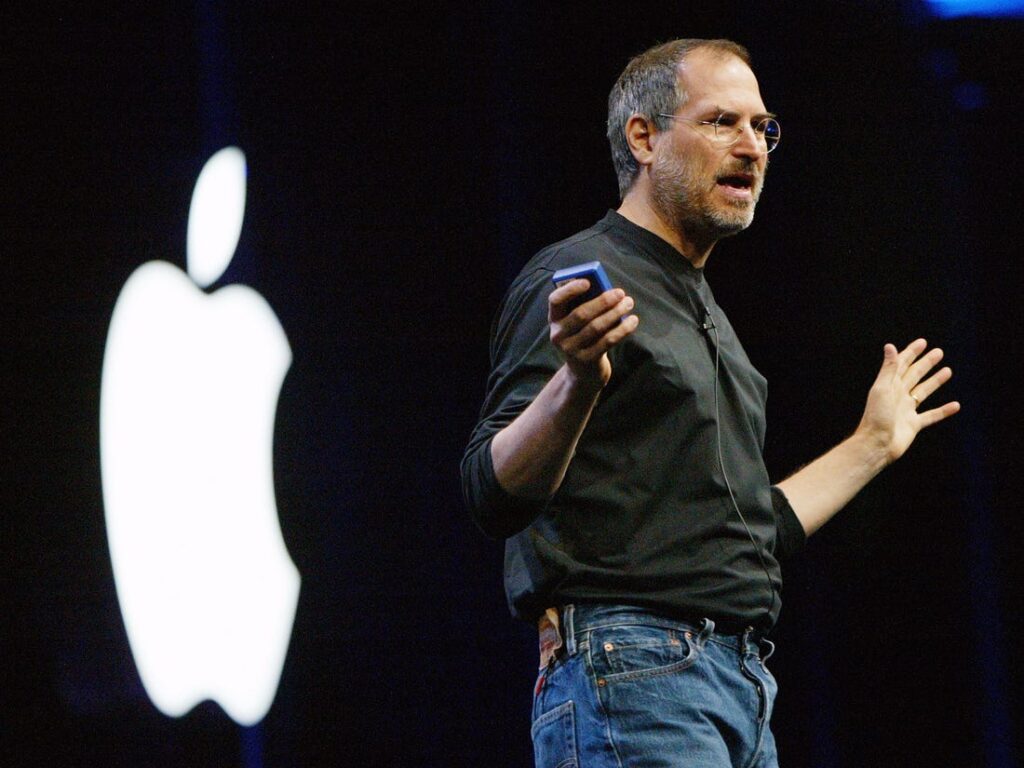
Microsoft entered the mobile arena but struggled against Apple and the upstart known as Android. Apple had created a sort of self-sustaining ecosystem, which Microsoft tried to emulate but ultimately fell behind.
The two were using an old marketing strategy that relies on proprietary relationships to ensure that compatibility issues for users would keep them loyal to their applications.
Android was different. Android decided to lean on the very big world of developers in a sort of free-market environment, making its platform necessarily agile and open to customisation in a way that made it popular, even if there was a learning curve in terms of its user-friendliness.
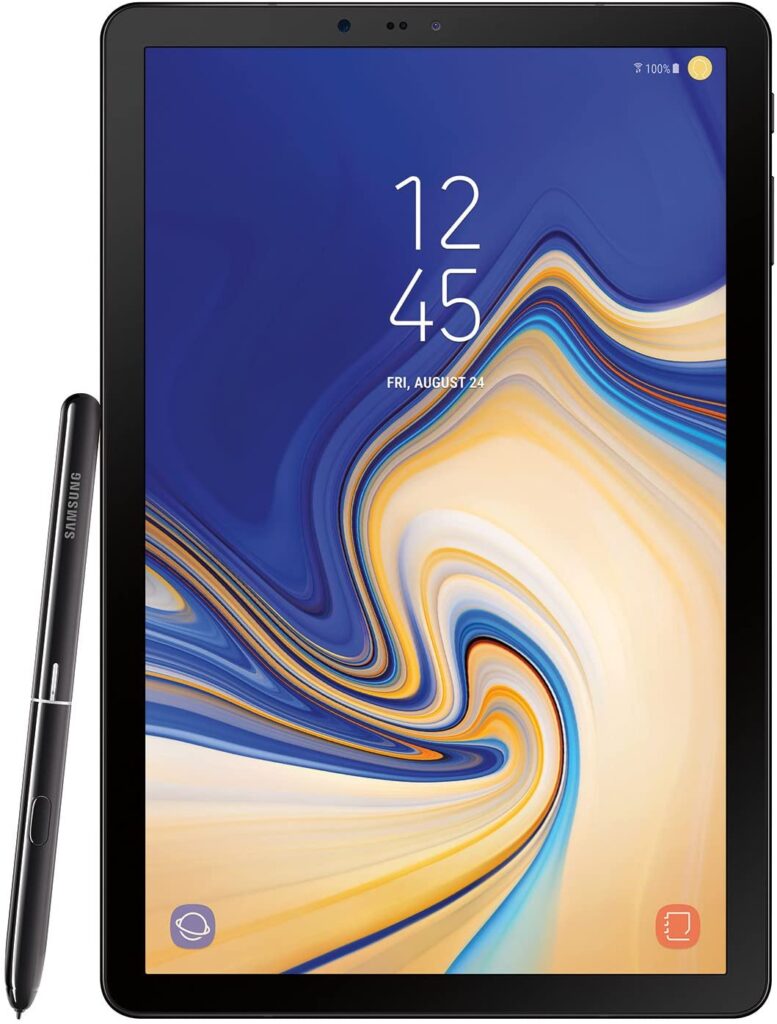
The App Store, built just for the i Operating System (iOS), was extensive, filled with interesting applications that were usually without hiccups, while Android leaned on Google for its Play Store, filled with independent applications that, while problematic in some instances, benefitted from variety.
Android’s popularity has forever been on the rise, leaving even Microsoft to wave the white flag and begin putting some of its flagship applications in Google’s Play Store. Today, the variety and quality in the two stores make them almost indiscernible from one another.
Now on to devices.
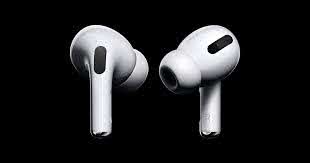
iPhones, Air Pods, Apple Watches, Apple TVs, iPads, and the all-powerful Mac lines gave Apple the perfect platforms for Jobs to further hook fans with the well-built App Store.
Android competed by putting its platform on every device that wasn’t Apple-branded, which gave it a wider base of people to market to.
With the Android operating system open to everyone, Apple’s devices also began to come under threat, in particular from the Seoul, South Korea-based Samsung.
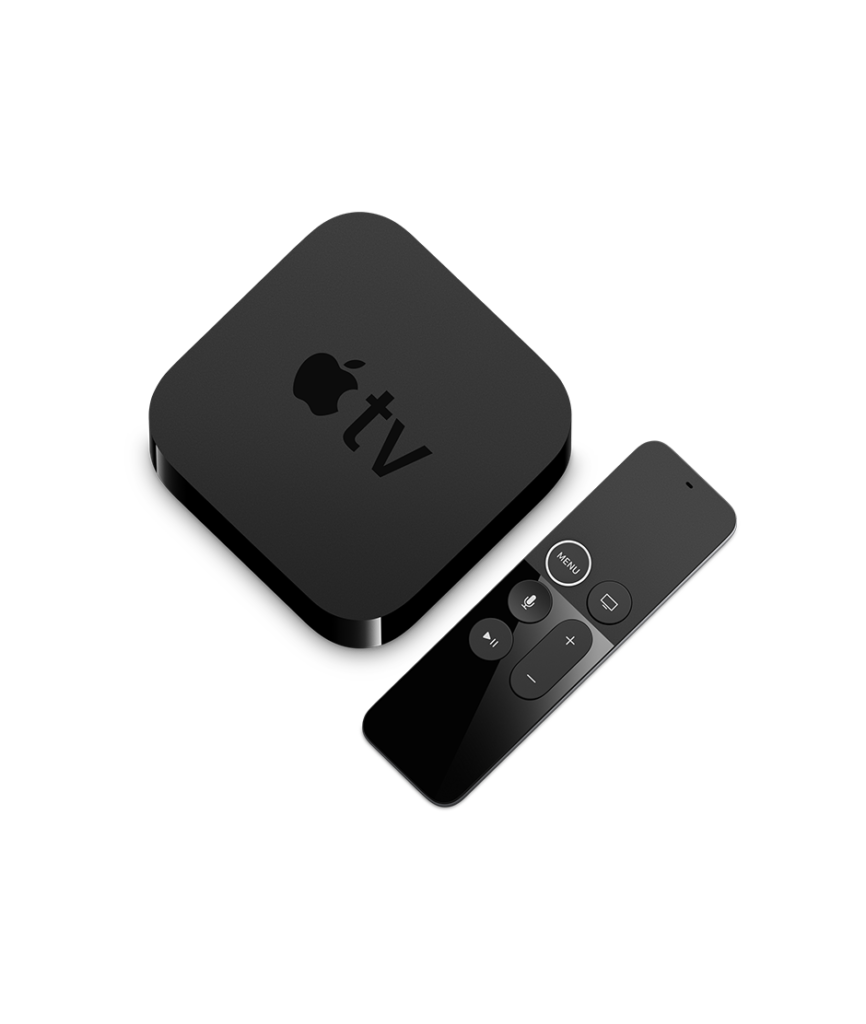
Samsung developed a suite of devices, ear buds, the Samsung Note and S series, as well as the Galaxy Tab series. Google got involved, branching out from being a search engine to excite the device arena with its Nexus series of seven-inch and eventually 10-inch tablets.
Gradually, Samsung improved its build quality and now its high-end devices compete favourably with Apple’s products.
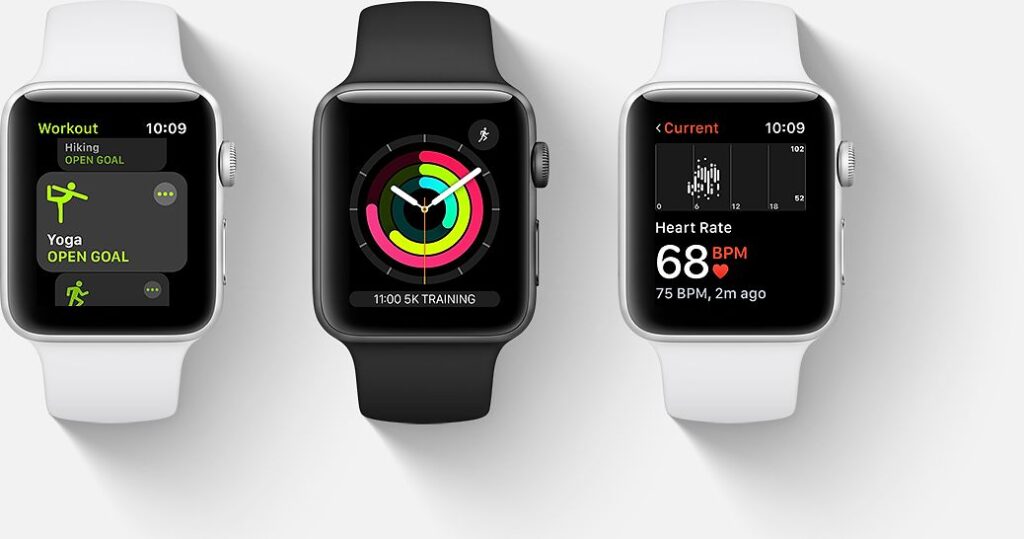
Microsoft, having lost the mobile operating system battle, went back to its tried and proven desktops and laptops, developing interesting two in ones like the Surface Pro and Surface Book series, which compete with Apple’s top lines like the MacBook Pro and whatever number marks the latest iPad.
But there has been little innovation from Apple since Jobs’ passing, the organisation choosing instead to buy other companies with interesting ideas, like Dr Dre’s Beats by Dre.
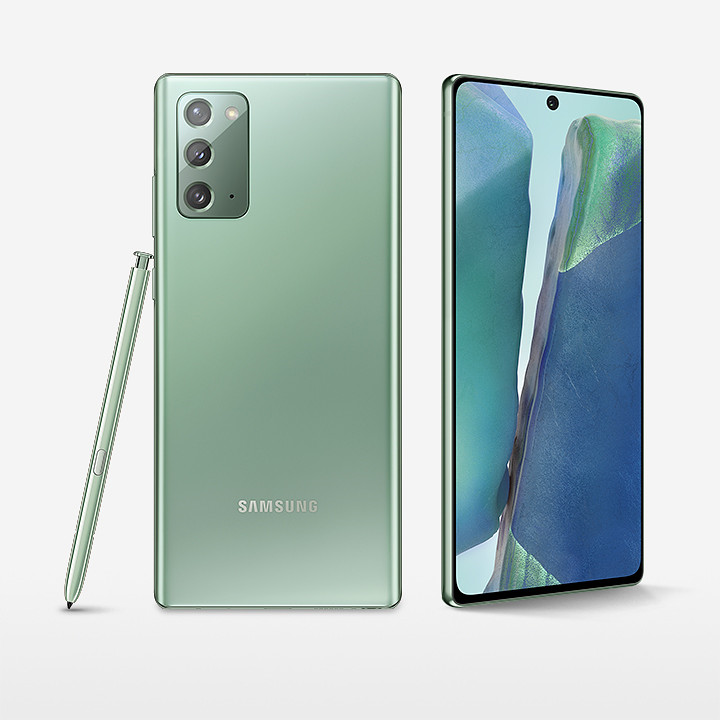
Still, the slow down in technology for the everyday user is not just Apple’s burden to bare, as everybody else has been finding new directions hard to come by. In fact, upgrades in devices among phones, tablets, laptops, earphones, wireless and other user technologies have only managed improvements that are perceptible to the super user.
With the difference in devices diminishing by the minute, and third-party developers finding more and more hacks to make Apple products compatible with other devices, the struggle goes back to the operating systems and inevitably to software.
That category of user certainly isn’t large enough to move the needle in the battle for supremacy among Apple and its nemeses, Microsoft and Android. So, whether you choose the Apple ecosystem or the Android ecosystem comes down to preferences that may have less and less to do with the actual devices.
With the difference in devices diminishing by the minute, and third-party developers finding more and more hacks to make Apple products compatible with other devices, the struggle goes back to the operating systems and inevitably to software.
Do I mind getting tied into the Apple ecosystem if everything in there is well built and I can interact with everybody else, who isn’t in there with me anyway? Is the number of free vs paid versions of applications problematic?
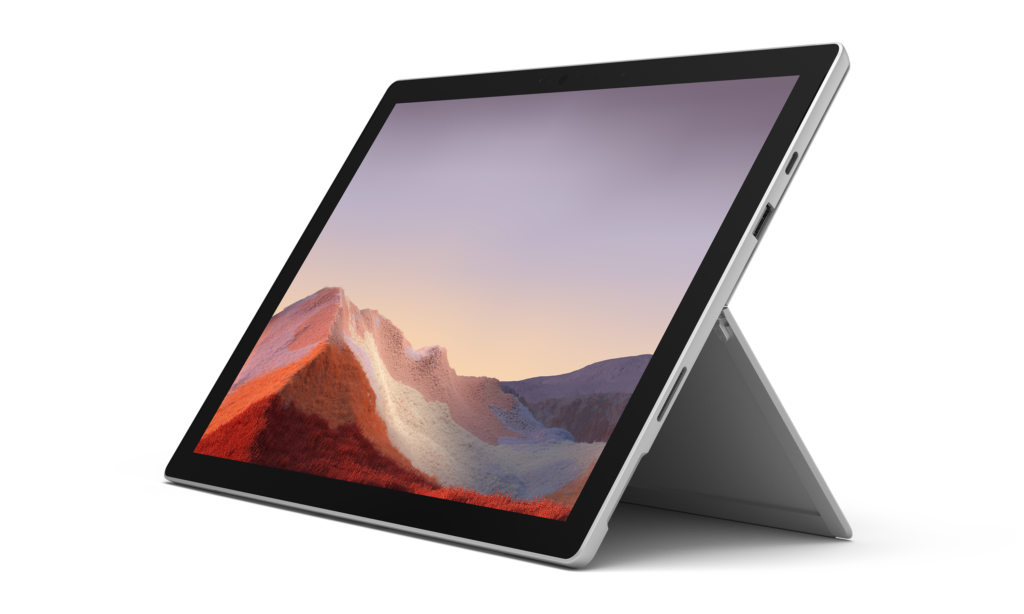
On the other hand, is the proliferation of advertising on the Android side of affairs too much to deal with? Or does the freedom that comes with the operating system make up for it?
Is the security of the iCloud more attractive than the ‘more open’ Google environment?
Despite the slow down in device development, the battle between Apple and the rest is still very much on.
Everytime there is a device update though, from any of the big brands, the world of techies holds its collective breath, hoping for something that will change the game.







Comments